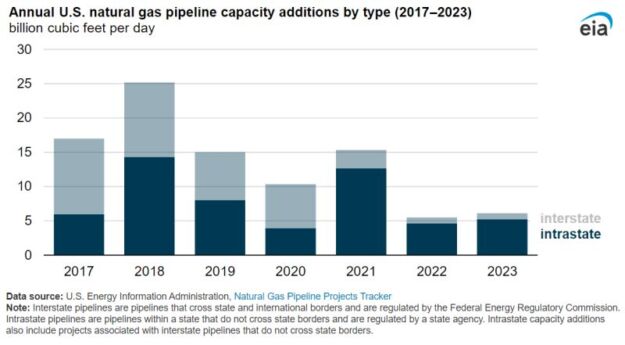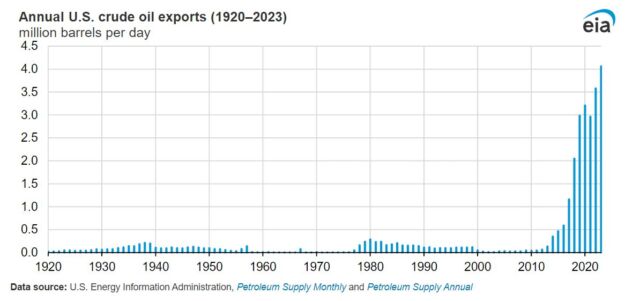Investors are increasingly concerned about a company’s social and environmental impact, but that impact is not as easily assessed as the company’s financial performance, which can be summarized by its “bottom line” (net income) or its stock return. To help socially and environmentally responsible investors, raters such as Sustainalytics and S&P Global provide ESG ratings. Each rating aggregates information about a company’s performance in several categories, such as greenhouse gas emissions, workplace diversity, and board composition. A company’s performance or “score” in each ESG category depends on various indicators that ESG raters will measure and aggregate differently. As a result, ESG ratings for the same company can differ substantially (Berg et al. 2022; Christensen et al. 2022). This has prompted calls for harmonization and even regulation of ESG measurement.
In a new paper, we study how ESG ratings can be used to improve corporate governance when shareholders care about social and environmental outcomes. When the objective of companies is merely financial, corporate governance is relatively straightforward: Equity-based compensation allows the interests of the firm’s management to align with the interests of its shareholders (Hall and Liebman, 1998). When the company’s shareholders, as represented by its board, also have social and environmental concerns, interest alignment is not as straightforward. A good performance measure needs to reflect the impact of a firm’s actions on some dimension that shareholders care about, and it should not be cherry-picked or easily manipulated by the firm’s management (Bebchuk and Tallarita, 2022). ESG ratings, which are comprehensive third-party assessments of corporations’ ESG performance, are seemingly well-suited for this purpose. To our knowledge, our paper is the first to analyze the use of ESG ratings-based incentives for corporate governance.
Management compensation can be explicitly contingent on ESG ratings ,or alternatively on a subset of ESG scores relevant to the company. However, this is not necessary. To the extent that stock market investors are socially and environmentally responsible and informed, the social and environmental impact of a publicly listed firm will be incorporated into its stock price (Barber et al., 2021; Bauer et al., 2021). ESG ratings play a fundamental role by providing relevant information about corporate ESG performance to investors (Pagano et al., 2018; Berg, et al., 2022).
Thus, a manager whose compensation depends on the firm’s stock price has incentives to improve the firm’s ESG ratings. If the board is more socially and environmentally conscious than investors, we show that stock price-based compensation should be complemented by explicit ESG ratings-based compensation. Indeed, in this case the board wants to encourage the manager to allocate more resources to corporate ESG than the amount that would maximize the stock price.
Unfortunately, ESG ratings are imperfect measures of ESG performance. Moreover, they rely on standardized methodologies: In order for ratings to be comparable across companies and transparent, ESG raters use established methodologies. This means that corporate managers understand the impact of their decisions on their firm’s ESG ratings. If their compensation depends on these ratings – either directly or indirectly through stock price-based compensation – they have incentives to game these ratings. In particular, they will make decisions that dramatically improve their firm’s ESG ratings but may barely change its actual ESG impact. For example, a firm that generates carbon emissions mostly because it is heating its offices could dramatically reduce its carbon emissions by no longer using heating. However, the environmental impact would be minimal, and the social impact might be negative.
This has two main implications. First, ESG incentives will be significantly distorted. Moreover, we show that these distortions will not simply lead to a misallocation of resources across ESG categories, but also worsen the overall social and environmental impact of the firm. The reason is that ESG investments will not be allocated to ESG categories where the firm does the most (social or environmental) good, but to ESG categories where they have the highest effect on the firm’s ESG ratings.
Second, these distortions can be mitigated by relying on several sets of ESG ratings provided by several different ESG raters. The reason is that it is harder to game multiple ratings based on different methodologies than to game a single rating based on a single methodology. The greater the differences between these methodologies, the more gaming is mitigated. This suggests that the heterogeneity across ESG ratings might actually be beneficial from a corporate governance perspective. Indeed, the main source of divergence between ESG ratings is the measurement of ESG categories rather than differences of scope or weight (Berg et al., 2022).
This has important implications for the lively debate on ESG ratings harmonization and more generally for the standardization of ESG measurement. To the extent that ESG ratings are imperfect, it is beneficial for corporate governance purposes to have a variety of ESG ratings based on different methodologies. Even if it improved ESG ratings’ quality, harmonization would lead to more gaming and resource misallocation because of inefficient investment decisions. That would not be very socially responsible.
ENDNOTES
Barber, B.M., Morse, A., Yasuda, A., 2021. Impact investing. Journal of Financial Economics, 139, 162-185.
Bauer, R., Ruof, T., Smeets, P., 2021. Get real! Individuals prefer more sustainable investments. Review of Financial Studies, 34, 3976-4043.
Bebchuk, L.A., Tallarita, R., 2022. The perils and questionable promise of ESG-based compensation. Journal of Corporation Law, forthcoming.
Berg, F., Koelbel, J.F. and Rigobon, R., 2022. Aggregate confusion: The divergence of ESG ratings. Review of Finance, 26, 1315-1344.
Chaigneau, P. and Sahuguet, N., 2023. ESG ratings for corporate governance. Working paper, https://ssrn.com/abstract=4345102
Christensen, D.M., Serafeim, G., Sikochi, A., 2022. Why is corporate virtue in the eye of the beholder? The case of ESG ratings. The Accounting Review, 97, 147-175.
Hall, B.J. and Liebman, J.B., 1998. Are CEOs really paid like bureaucrats? Quarterly Journal of Economics, 113, 653-691.
Pagano, M.S., Sinclair, G. and Yang, T., 2018. Understanding ESG ratings and ESG indexes. Research Handbook of Finance and Sustainability. Edward Elgar Publishing.
This post comes to us from professors Pierre Chaigneau at Queen’s University and Nicolas Sahuguet at HEC Montreal. It is based on their recent paper, “ESG Ratings for Corporate Governance,” available here.
ESG, SDG, CER, GRI, FSC, LCA, WELL Corporate Governance, equity-based compensation, ESG, ESG ratings, ESG scores, executive compensation, S&P Global, Sustainalytics Read More
Pierre Chaigneau and Nicolas Sahuguet




Leave a Reply